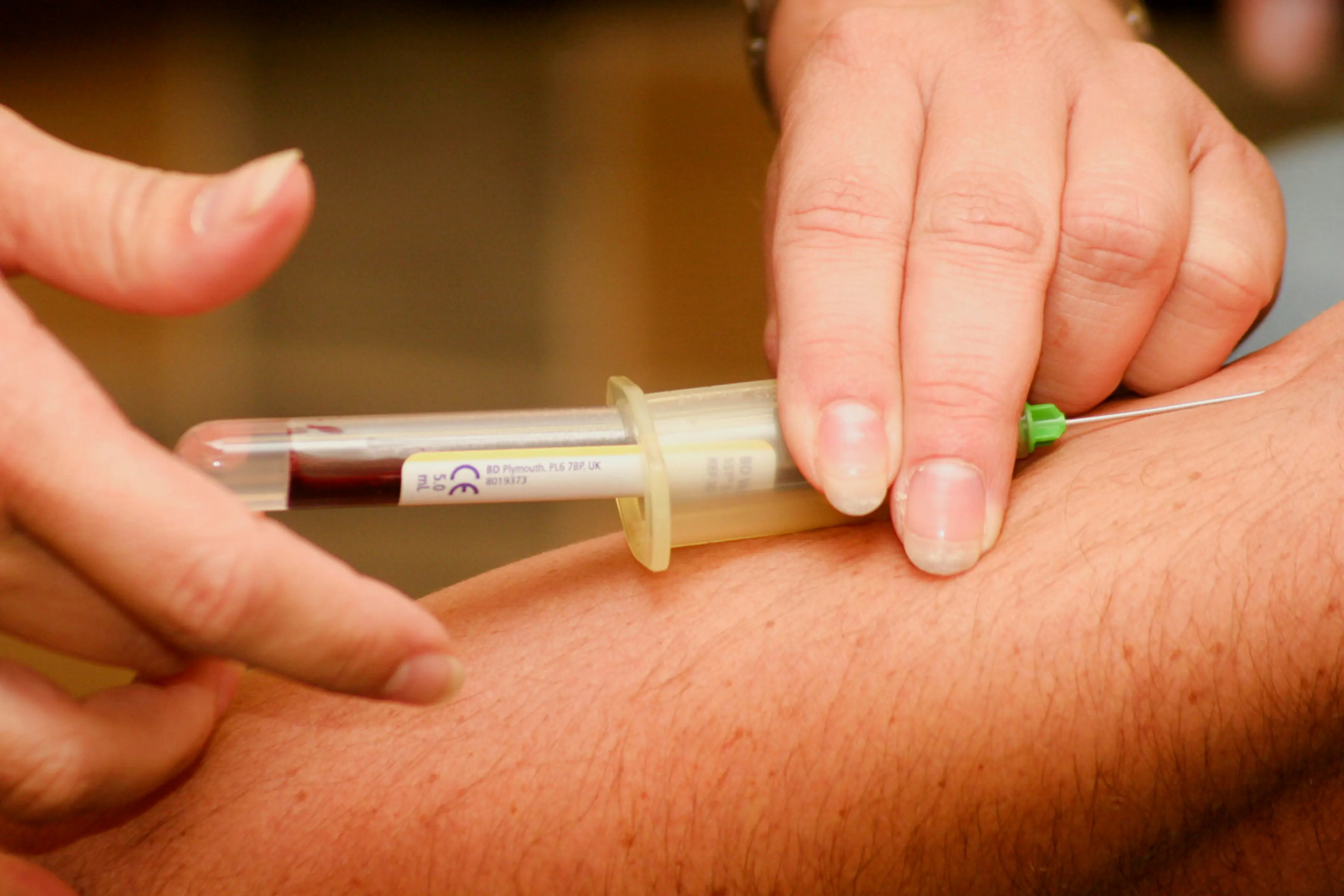New Blood Test Offers Highly Accurate Ovarian Cancer Detection

A new blood test developed by the diagnostics company AOA Dx shows promising results in accurately detecting ovarian cancer in women displaying symptoms, according to a study by researchers from the Universities of Manchester and Colorado.
The findings, published in the Cancer Research Communications journal, detail how AOA's innovative technology analyzes a variety of biological markers from a single blood sample. This method outperformed traditional blood tests in detecting ovarian cancer in over 950 patients from Colorado and Manchester.
AOA's test uses a combination of blood markers, including proteins and lipids, alongside machine learning techniques to identify ovarian cancer in women with non-specific abdominal or pelvic symptoms. In tests conducted at the University of Colorado, the new method demonstrated a 93% accuracy rate across all stages of ovarian cancer and 91% for early-stage detection. Similarly, in Manchester, the test showed 92% accuracy for all stages and 88% for early stages.
These results are significant as traditional single-marker blood tests have historically struggled to achieve such high accuracy rates, often falling below 90%. According to Alex Fisher, COO and Co-Founder of AOA Dx, this breakthrough could lead to a more streamlined and cost-effective diagnostic process beneficial to healthcare systems worldwide.
Dr. Abigail McElhinny, Chief Science Officer of AOA Dx, emphasized the potential impact of their platform, which could lead to earlier diagnosis and improved outcomes for patients, as well as reduced costs for healthcare providers. However, the test still requires regulatory approval in the US and Europe before it can be widely implemented, with plans to introduce it to the NHS being outlined.
While the test's high accuracy is promising, further research and regulatory steps are necessary to confirm its efficacy and application across different healthcare settings.